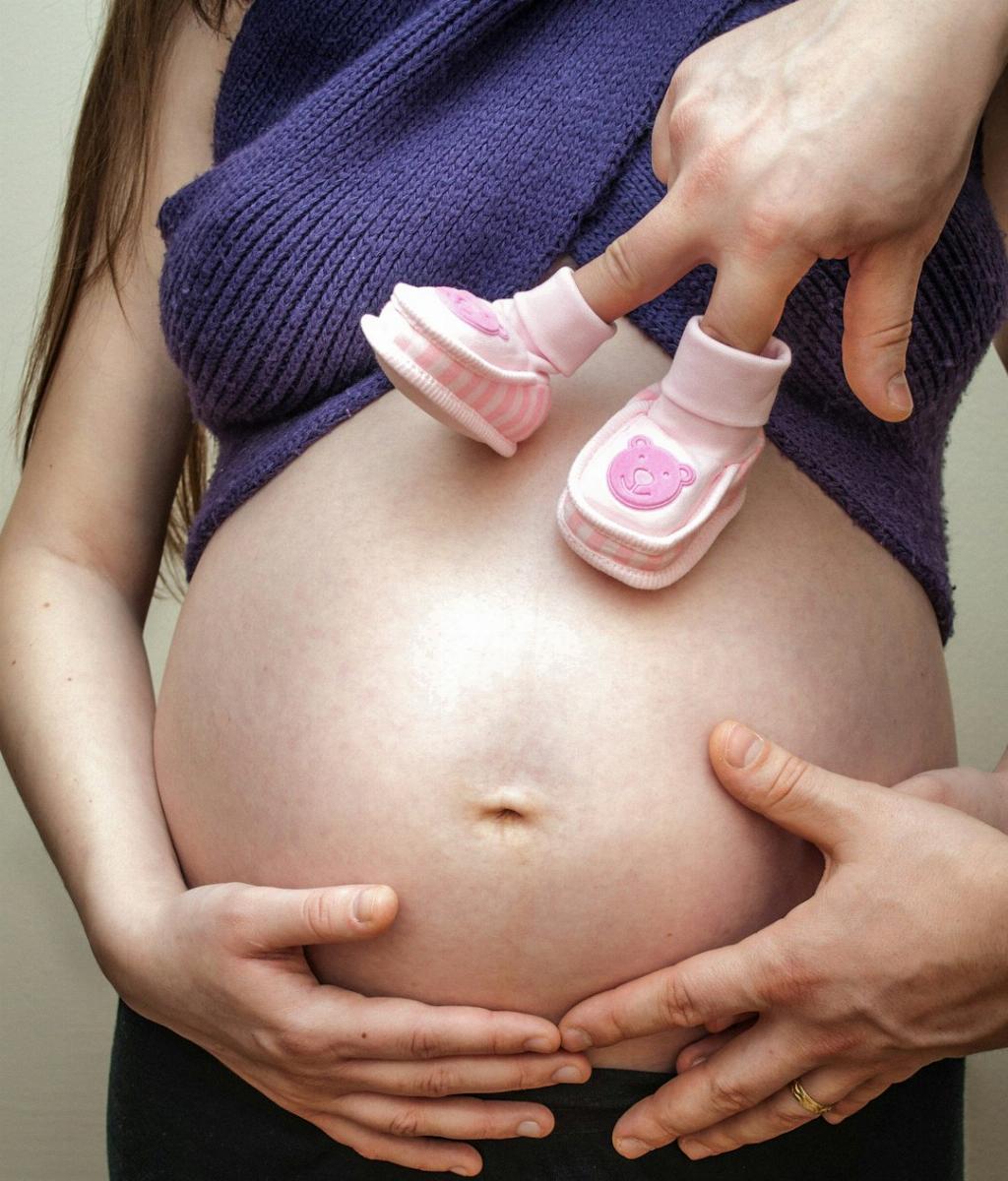Having your fallopian tubes removed is a significant decision that can impact your reproductive health. One common question that arises is whether it is possible to become pregnant after undergoing tubal removal surgery.
Effectiveness of Tubal Removal in Preventing Pregnancy
The removal of fallopian tubes, also known as salpingectomy, is a highly effective method of preventing pregnancy. By eliminating the tubes through which eggs travel from the ovaries to the uterus, the chances of conception are significantly reduced.
Possible Pregnancy After Tubal Removal
While tubal removal is considered a reliable form of contraception, it is not foolproof. In rare cases, there have been instances where women have become pregnant after undergoing the procedure. This occurrence is known as ectopic pregnancy.
Ectopic Pregnancy After Tubal Removal
An ectopic pregnancy is a potentially dangerous condition where the fertilized egg implants outside the uterus, typically in the fallopian tubes. In some cases, if a portion of the fallopian tube remains after removal, it is possible for an egg to be fertilized and lead to an ectopic pregnancy.
Risk Factors and Considerations
Women who have had their tubes removed should be aware of the risk of ectopic pregnancy and discuss any concerns with their healthcare provider. Factors such as age, previous pregnancies, and overall reproductive health can influence the likelihood of pregnancy after tubal removal.
Importance of Follow-Up Care
After undergoing tubal removal surgery, it is essential to attend follow-up appointments with your healthcare provider. Regular check-ups can help detect any potential issues early on and ensure that you are informed about any risks associated with pregnancy after tubal removal.
Treatment Options for Ectopic Pregnancy
If a woman does become pregnant after tubal removal and it is determined to be an ectopic pregnancy, prompt medical intervention is crucial. Ectopic pregnancies can be life-threatening if left untreated, and various treatment options are available depending on the individual circumstances.
Consulting a Specialist
For women who have concerns about the possibility of pregnancy after tubal removal, seeking guidance from a reproductive health specialist can offer valuable insights. A specialist can provide personalized recommendations based on your medical history and individual risk factors.
Exploring Alternatives
If you are considering tubal removal as a form of contraception but are hesitant due to the possibility of pregnancy, exploring alternative options may be advisable. Discussing different contraceptive methods with your healthcare provider can help you make an informed decision.
Emotional Considerations
Dealing with the possibility of pregnancy after tubal removal can evoke various emotions, including anxiety and uncertainty. It is essential to communicate openly with your partner and healthcare provider about any concerns you may have and seek support as needed.
Conclusion
In conclusion, while the likelihood of becoming pregnant after having your tubes removed is low, it is not impossible. Understanding the risks and taking proactive steps to address any concerns can help ensure your reproductive health and well-being. Consulting with a healthcare provider and staying informed about your options is key in navigating this aspect of your reproductive journey.

